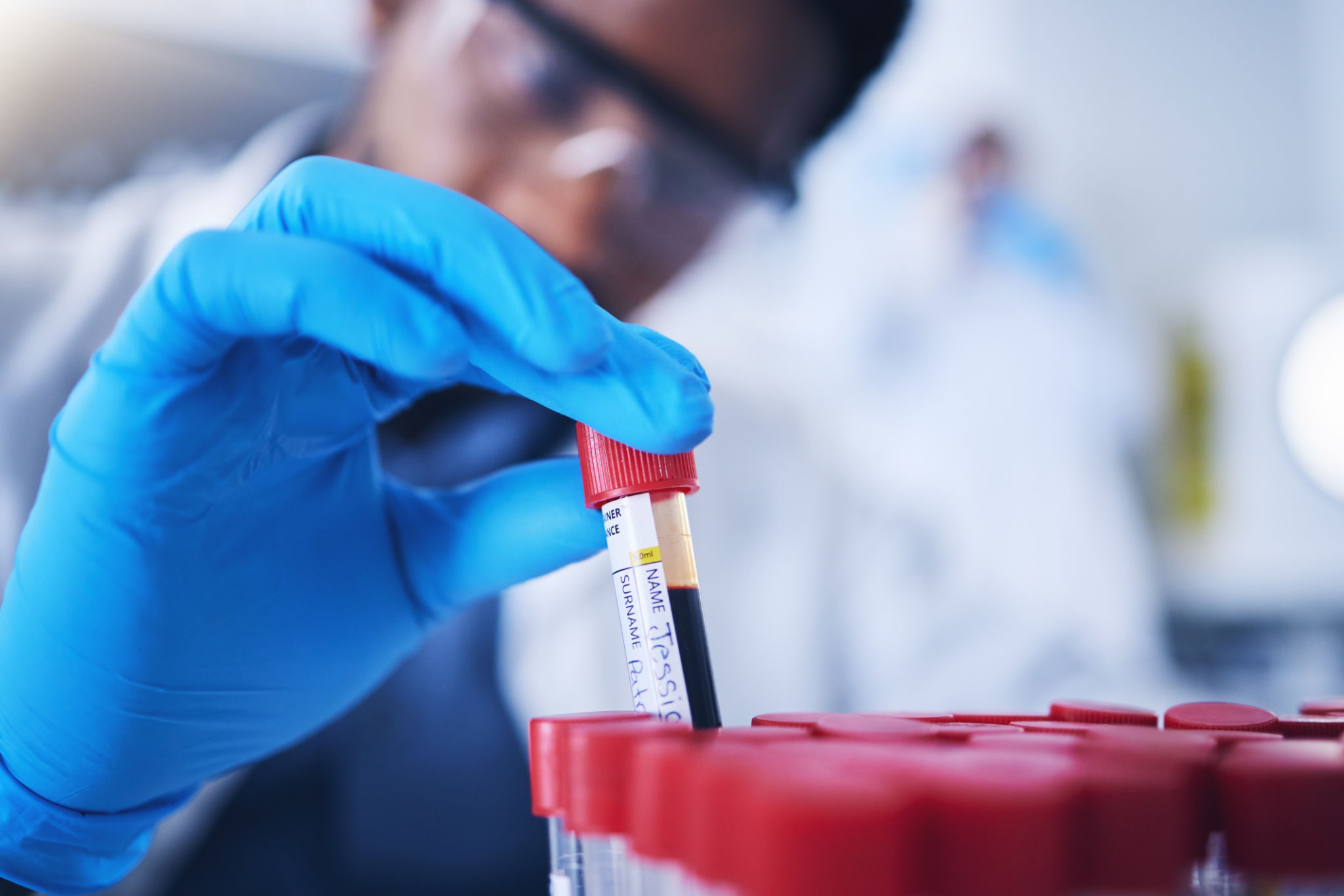The Role of STAT Services in Emergency Blood Work: A Quick Guide
Understanding STAT Services in Emergency Blood Work
In the fast-paced environment of emergency medicine, timely and accurate blood work is crucial for patient care. This is where STAT services come into play, providing rapid processing of blood tests to facilitate immediate medical decisions. By prioritizing urgent cases, STAT services significantly enhance the efficiency and effectiveness of emergency treatments.

What Are STAT Services?
STAT is derived from the Latin word "statim," meaning "immediately." In medical terms, it refers to tests and procedures that are required urgently. STAT services in laboratory settings ensure that blood work is processed and results are delivered as quickly as possible, often within an hour. This rapid turnaround is vital in situations where time-sensitive decisions could be life-saving.
STAT blood work is typically ordered in cases such as suspected heart attacks, severe infections, or significant blood loss. These scenarios demand immediate results to assess and stabilize the patient's condition swiftly.
The Importance of STAT Services in Emergency Care
In emergency departments, every second counts. The availability of STAT services can mean the difference between life and death. By providing rapid blood test results, healthcare providers can diagnose and treat conditions more effectively, reducing the risk of complications and improving patient outcomes.

For instance, in the case of a suspected heart attack, a STAT troponin test can quickly confirm or rule out a cardiac event, allowing for appropriate interventions. Similarly, swift identification of infections through STAT blood cultures can lead to timely initiation of antibiotic therapy.
Common Tests Performed as STAT
Several key blood tests are often prioritized as STAT due to their critical nature in emergency medicine. Some of these include:
- Complete Blood Count (CBC): Assesses overall health and detects a variety of disorders.
- Blood Gas Analysis: Measures oxygen and carbon dioxide levels in the blood, crucial for patients with respiratory issues.
- Electrolyte Panel: Important for patients with dehydration or electrolyte imbalances.
- Troponin Levels: Critical for diagnosing heart attacks.
Challenges Faced by STAT Services
Despite their critical role, STAT services face several challenges. These include maintaining accuracy while handling high volumes of tests and ensuring that the laboratory staff is adequately trained to meet the demands of rapid processing. Overuse of STAT requests can also strain resources, highlighting the need for judicious ordering by healthcare providers.

To mitigate these challenges, many facilities have implemented strict criteria for what constitutes a STAT request, ensuring that only truly urgent cases are prioritized.
The Future of STAT Services
Advancements in laboratory technology continue to enhance the capabilities of STAT services. Automation and improved diagnostic tools are speeding up processing times and increasing the accuracy of results. The integration of electronic health records further streamlines communication between laboratory staff and medical professionals, ensuring that critical information is swiftly conveyed.
Ultimately, the ongoing evolution of STAT services promises to further bolster emergency care, enabling even faster and more precise responses to critical medical situations.
